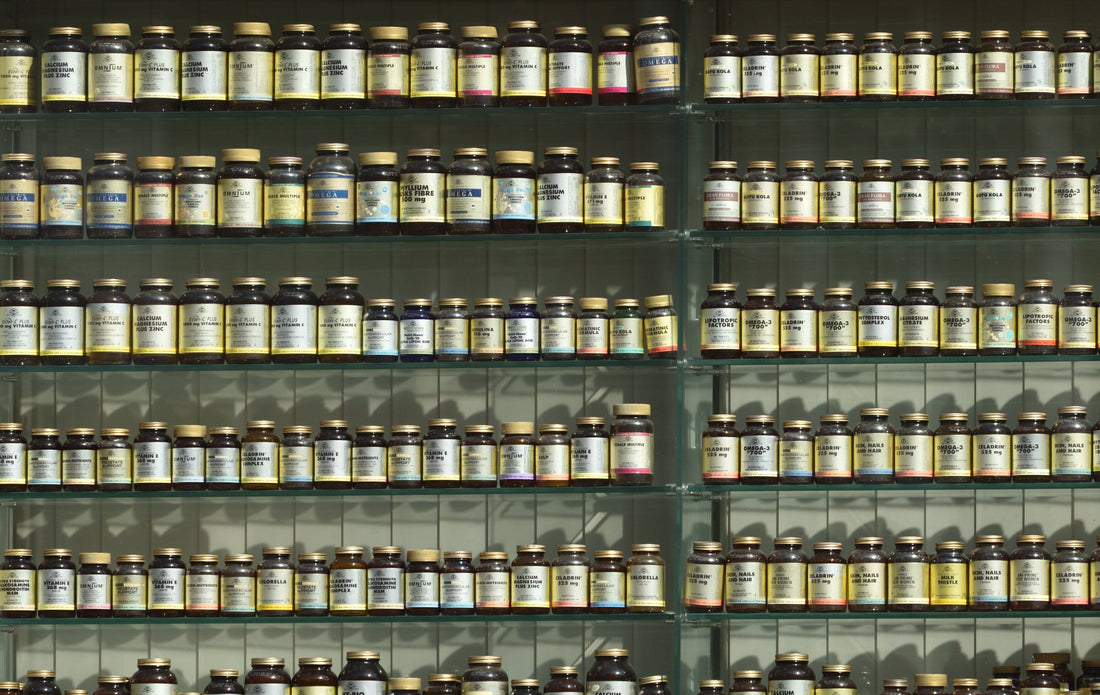
Supplement quality matters
Share
People are taking ownership of their health and dietary supplementation is a research-proven and convenient option for disease prevention and health optimization. However, it is critical that supplement users understand the quality of the product that they choose.
What is the DSHEA?
The 1994 Dietary Supplement Health and Education Act of was enacted by the Food and Drug Administration (FDA) to prohibit dietary supplement manufacturers from producing and selling adulterated or mislabeled products. However, the law does not require supplements to undergo FDA-monitored testing and approval. The FDA does not determine if supplements are effective before they are made available for purchase, as such, consumers must take responsibility when selecting dietary supplements.
The FDA does attempt to remove contaminated or poorly labeled products from the market and manages the Health Fraud Product Database to alert consumers to products with known issues.
How to select a high quality dietary supplement
- Consult your healthcare provider to understand your needs before taking anything
- Research the specific nutrients, their ideal format, and optimal dosage
- Read the supplement label for unwanted fillers or ingredients that have minimal benefits
- Ensure the supplements are voluntarily tested for purity and toxins
- Only select supplements from trusted manufacturers that have 3rd party seals of approval - Good Manufacturing Practices (GMP), National Sanitation Foundation (NSF), and United States Pharmacopeia (USP). In a recent study, it was found that "only 12% of the available products were certified by an independent scientific agency(1)".
Notes
1. Third-party certification of dietary supplements: prevalence and concerns. https://pubmed.ncbi.nlm.nih.gov/23397689/
2. Unapproved Pharmaceutical Ingredients Included in Dietary Supplements Associated With US Food and Drug Administration Warnings. https://jamanetwork.com/journals/jamanetworkopen/fullarticle/2706496